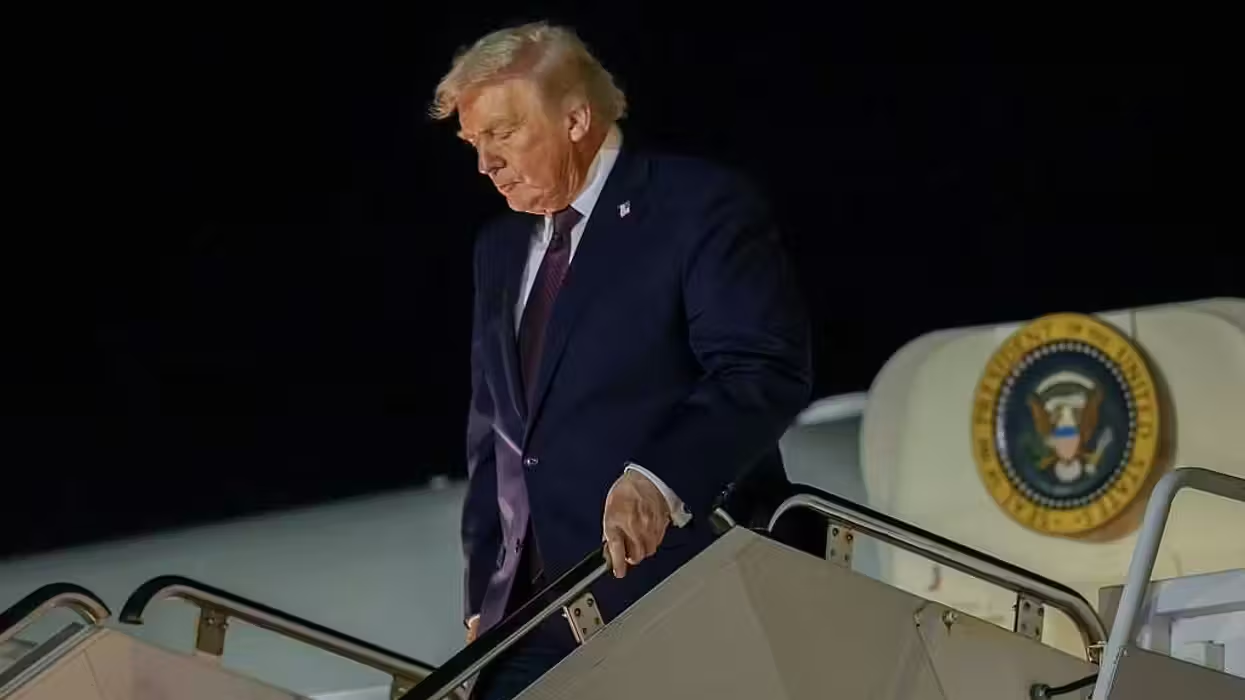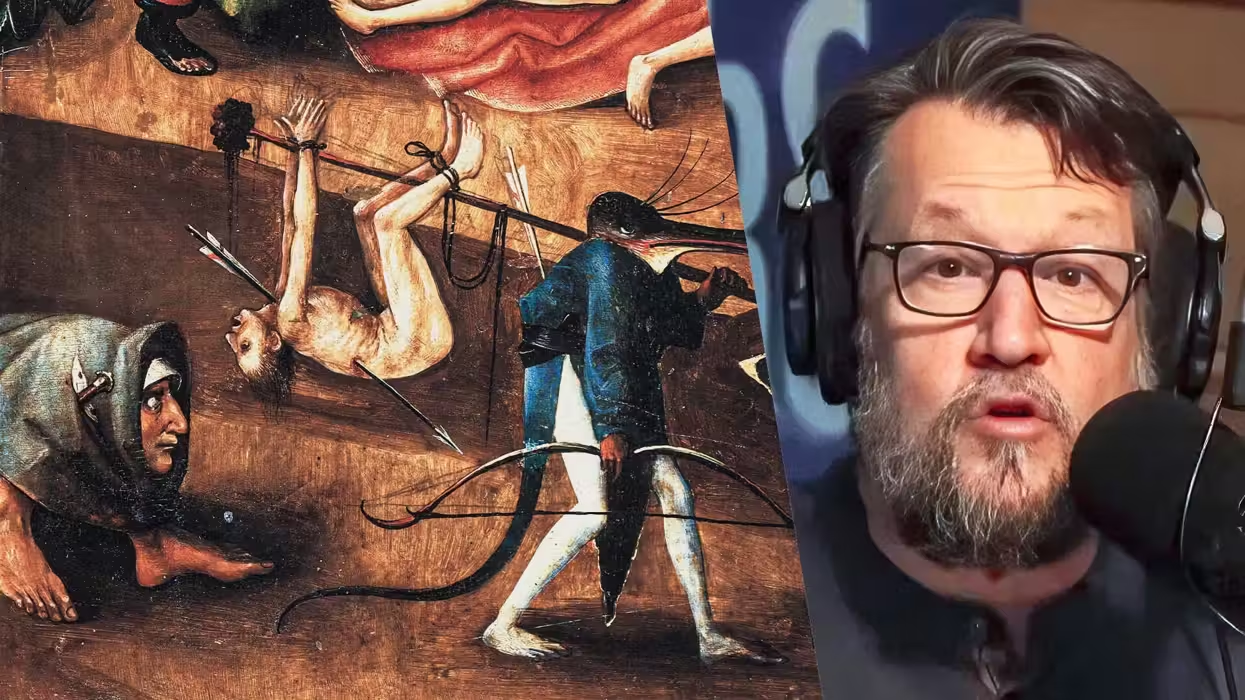
© 2025 Blaze Media LLC. All rights reserved.
“Those who would give up essential Liberty, to purchase a little temporary Safety, deserve neither Liberty nor Safety."
In modern times, this famous quote from Ben Franklin is used to strike a healthy balance between individual liberty and government-provided security from external threats. But as we've learned more and more recently, context matters. Looking at Franklin's words in the historical context of their time, does this quote really mean what we think it does?

Benjamin Wittes, a senior fellow of governance studies with the Brookings Institute, contends no:
The words appear originally in a 1755 letter that Franklin is presumed to have written on behalf of the Pennsylvania Assembly to the colonial governor during the French and Indian War. The letter was a salvo in a power struggle between the governor and the Assembly over funding for security on the frontier, one in which the Assembly wished to tax the lands of the Penn family, which ruled Pennsylvania from afar, to raise money for defense against French and Indian attacks. The governor kept vetoing the Assembly’s efforts at the behest of the family, which had appointed him. So to start matters, Franklin was writing not as a subject being asked to cede his liberty to government, but in his capacity as a legislator being asked to renounce his power to tax lands notionally under his jurisdiction. In other words, the “essential liberty” to which Franklin referred was thus not what we would think of today as civil liberties but, rather, the right of self-governance of a legislature in the interests of collective security.What’s more the “purchase [of] a little temporary safety” of which Franklin complains was not the ceding of power to a government Leviathan in exchange for some promise of protection from external threat; for in Franklin’s letter, the word “purchase” does not appear to have been a metaphor. The governor was accusing the Assembly of stalling on appropriating money for frontier defense by insisting on including the Penn lands in its taxes–and thus triggering his intervention. And the Penn family later offered cash to fund defense of the frontier–as long as the Assembly would acknowledge that it lacked the power to tax the family’s lands. Franklin was thus complaining of the choice facing the legislature between being able to make funds available for frontier defense and maintaining its right of self-governance–and he was criticizing the governor for suggesting it should be willing to give up the latter to ensure the former.
In short, Franklin was not describing some tension between government power and individual liberty. He was describing, rather, effective self-government in the service of security as the very liberty it would be contemptible to trade. Notwithstanding the way the quotation has come down to us, Franklin saw the liberty and security interests of Pennsylvanians as aligned.
Want to leave a tip?
We answer to you. Help keep our content free of advertisers and big tech censorship by leaving a tip today.
Want to join the conversation?
Already a subscriber?
more stories
Sign up for the Blaze newsletter
By signing up, you agree to our Privacy Policy and Terms of Use, and agree to receive content that may sometimes include advertisements. You may opt out at any time.
Related Content
© 2025 Blaze Media LLC. All rights reserved.
Get the stories that matter most delivered directly to your inbox.
By signing up, you agree to our Privacy Policy and Terms of Use, and agree to receive content that may sometimes include advertisements. You may opt out at any time.






